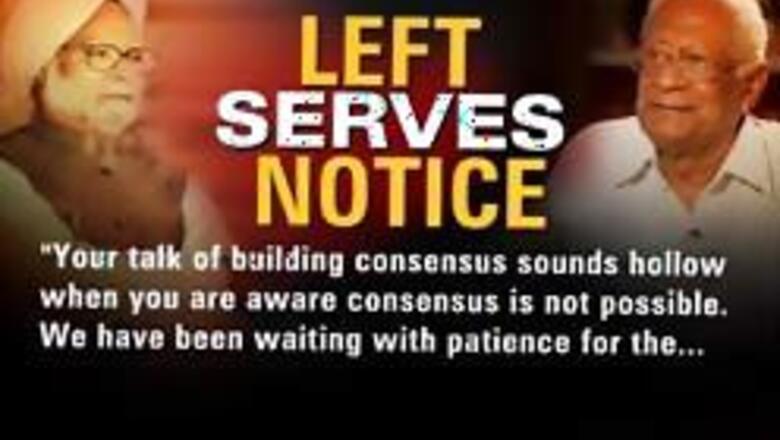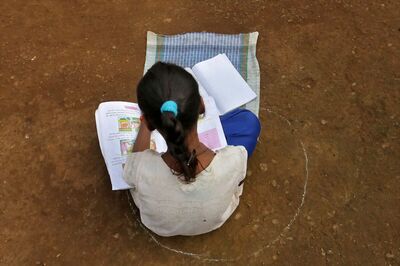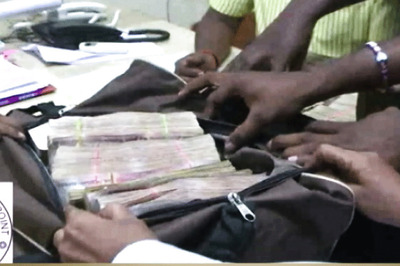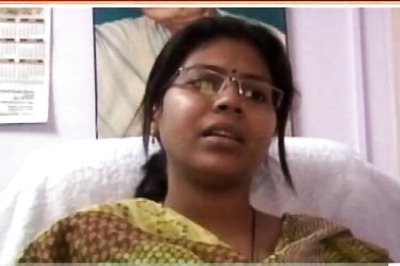
views
New Delhi: As anxieties mount over the future of its nuclear deal with the US, India Saturday said it was hopeful of bringing the deal "to fruition soon" and indicated its willingness to provide a home for an international nuclear fuel bank for other countries.
"We hope civil nuclear cooperation with the US and other countries will become possible soon... we hope to bring it to fruition soon," Foreign Secretary Shivshankar Menon said in an interactive session at a seminar organized by the Britain-based International Institute for Strategic Studies (IISS).
Batting for the embattled nuclear deal, which is being opposed by the Left allies of the Manmohan Singh government, Menon said the deal is "more of an immediate answer" to India's energy security needs and less a non-proliferation issue as made out by a section of critics in the US and around the world.
"We run a full nuclear fuel cycle of our own and we would be happy to participate in providing a home for a nuclear fuel bank," Menon said during discussions at the three-day seminar in which top diplomats and strategic experts are participating to analyse the rise of India as a global power and its implications for the world.
Discussions on the issue of setting up a nuclear fuel bank "were a long way away", Menon added, indicating that the concept of an international fuel bank may take a while to become a reality.
A brainchild of International Atomic Energy Agency (IAEA) Director General Mohammad ElBaradei, the proposed fuel bank envisages an international uranium enrichment facility where countries interested in renewing their nuclear energy programmes can get fuel for their atomic power plants.
Menon reiterated India's position on the Iranian nuclear issue, saying while Tehran had its right to peaceful uses of nuclear energy it was not in India's interest to have another nuclear weapons state in its neighbourhood.
The government is planning to hold another round of talks with its Left allies to resolve the deadlock over the nuclear deal next month. No dates have been finalized, but the United Progressive Alliance (UPA)-Left meeting could be held as early as the first week of May, official sources said.
According to an understanding between the government and its Left allies, which prop the ruling UPA coalition from outside, India's country-specific safeguards pact with the IAEA for its civilian nuclear reactors needs to be approved by the Communist parties before it can go ahead with the nuclear deal.
The US has reminded India many times about the clock ticking away on the deal. But the UPA has made it clear that while the deal is important, it is not ready to sacrifice the government for the sake of the deal that seeks to reopen doors of global nuclear commerce after a gap of three decades.
"It would be like 'death without martyrdom'. We want the deal but the ruling coalition is also conscious that there can't be a deal without a government," Congress spokesperson Abhishek Singhvi said in Washington this week.
The Left parties, which have opposed the deal consistently on grounds that it will make India a "subordinate ally" of the US, have virtually given an ultimatum to the government to either choose its survival or the deal.
The White House has made it clear to India that if the next two steps - an IAEA pact and a change in guidelines by the Nuclear Suppliers Group (NSG) - are not concluded by June, it will be difficult for the US Congress to ratify the deal due to pressures on Congressional time in the run-up to the November presidential elections.




















Comments
0 comment